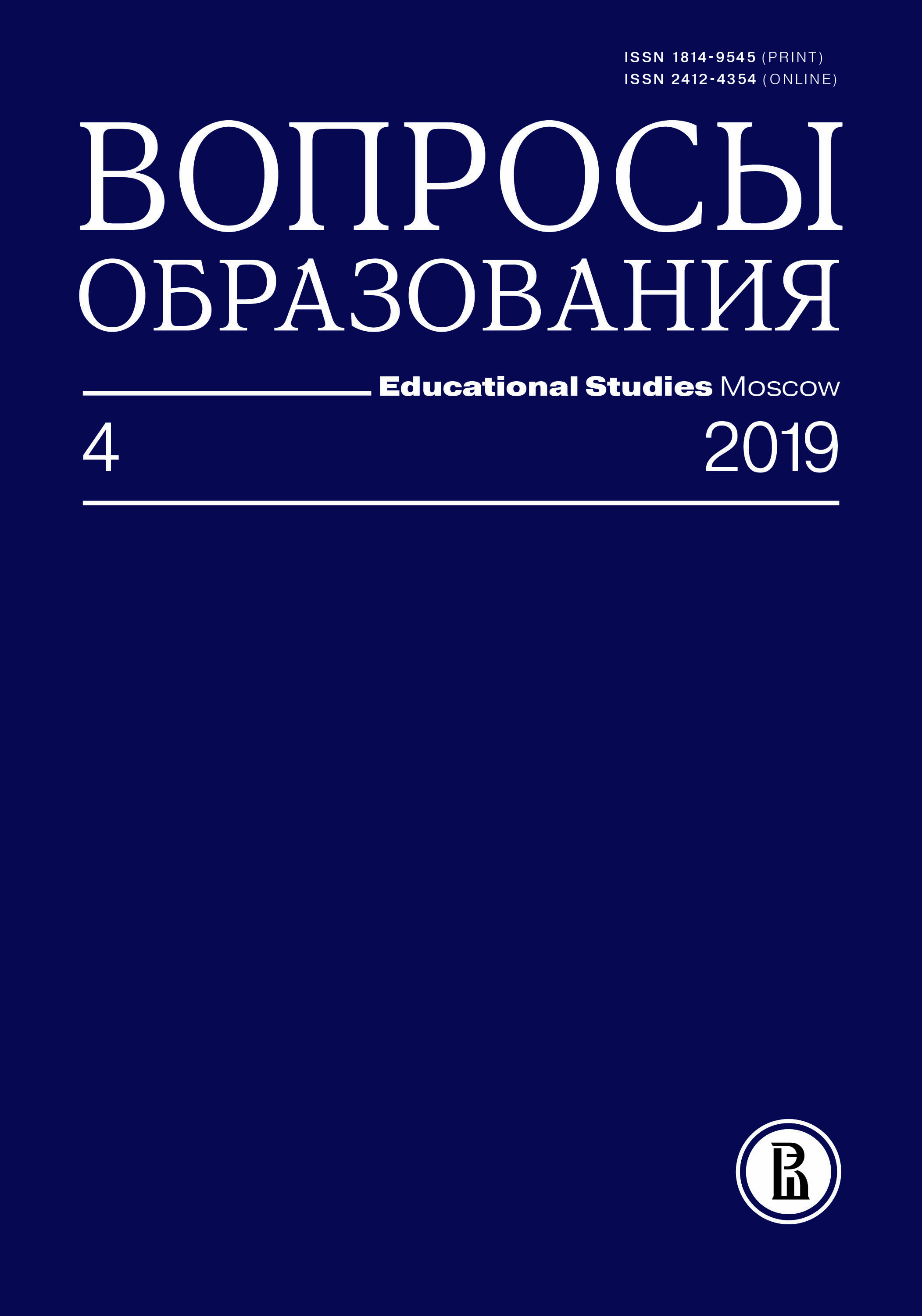Проектирование учебного процесса: создание высокоэффективных образовательных сред для развития навыков саморегуляции
Аннотация
Междисциплинарные исследования в области образования в значительной мере способствовали и продолжают способствовать удовлетворению насущной потребности в создании новых образовательных сред. В ходе этих исследований формулируются и разрабатываются современные представления о том, в чем состоит основная задача школьного образования, и о сущности обучения, нацеленного на выполнение этой задачи. В статье представлен краткий обзор одной из таких концепций. Первоочередное внимание в ней уделяется саморегуляции как одной из основных задач образования. Данные исследований, подтверждающие прямую зависимость между эффективностью саморегуляции у школьника и результатами обучения, побудили ученых к проектированию образовательных сред, способствующих совершенствованию навыков саморегуляции учащихся. Разработано несколько метакогнитивных методик, прежде всего для обучения математике; в качестве примера описана модель IMPROVE, предложенная З. Мевареч и Б. Крамарски. Далее рассмотрены результаты исследований, которые показывают, что подобные образовательные среды эффективны для организации и совершенствования саморегулируемого обучения дошкольников и учащихся начальной и средней школы. Разумеется, для реализации этого потенциала необходимо, чтобы педагоги уделяли пристальное внимание обучению школьников саморегуляции их учебной деятельности в классе. Поэтому насущная задача подготовки и профессиональной переподготовки педагогов состоит в расширении их представлений о саморегуляции и вооружении их эффективными стратегиями развития навыков саморегуляции у учащихся.








